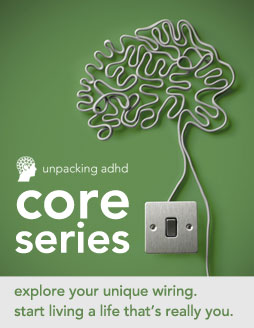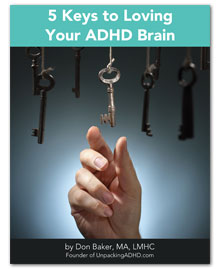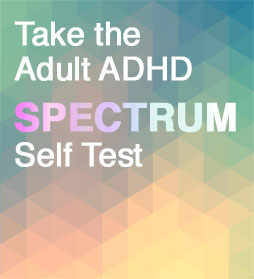Check out this amazing blog post from Scientific American, October 21, 2014
The Creative Gifts of ADHD by Scott Barry Kaufman
Every once in a while, I come across a blog post that resonates – really resonates – for me. J Lo has her word for “really resonates” on American Idle: “goosies.” Maybe you have your own special way of describing that feeling. Whatever it is, see what you think of what Scott Barry Kaufman writes on the Scientific American blog. Does it give you “goosies”?
2014 was a year full of personal and professional changes for me. In the midst of all the change, I was doing a deep dive into what Scott Barry Kaufman writes about:
“In her own review of the creativity literature, Bonnie Cramond found that many of these same traits overlap to a substantial degree with behavioral descriptions of Attention Deficit Hyperactive Disorder (ADHD) – including higher levels of spontaneous idea generation, mind wandering, daydreaming, sensation seeking, energy, and impulsivity.”
Just cutting and pasting this excerpt from the Scientific American blog post excites me. The overlap that Bonnie Cramond writes about is something I’ve sensed in many, if not most, of my clients from local Seattle tech giants Google, Microsoft, Amazon, F5, Vulcan, etc. It’s what drove my deep dive in 2014 – my quest to understand the overlap. The more I read and the more I began to talk to my clients about it, the more clearly I could see the overlap
Most, if not all the folks I work with embody a creative brilliance whether they work for a tech giant or not. That’s what I really love about my work: that when this part of someone is seen, valued, and managed well, it results in magnificence. When mis-managed, not seen and not valued, it will often result is poor performance, and the employee likely will be placed on a performance review and terminated. For many, this event becomes more data that exacerbates the shame right under the surface.
I began to use some of what I was learning with clients. Initially, I used a screen called “are you gifted?” to see how they’d respond.
The piece goes on to say: “Research since then has supported the notion that people with ADHD characteristics are more likely to reach higher levels of creative thought and achievement than people without these characteristics.”
I’m very curious about your experiences. Would you be willing to post your stories here?
Click here to read the entire article on Scientific American.
Happy New Year!
Don
Oh, and if you’re interested in doing your own deep dive, here are a few of the resources I tapped:
- The Gift of Adult ADD: How to Transform Your Challenges and Build on Your Strengthsby Lara Honos-Webb
- Gifted with ADD: Successfully Managing a Turbo Charged-Mind by RaeLyn Murphy
- Smart But Stuck: Emotions in Teens and Adults with ADHD by Thomas E Brown, PhD
- “The basic concepts of Dabrowski’s Theory of Positive Disintegration,” unpublished manuscript, “Perspectives on the self: Proceedings of the Second Biennial Conference on Dabrowski’s Theory of Positive Disintegration,” by W. Tillier. Alberta, Canada, June 22– 26, 1996
- Living with Intensity: Understanding the Sensitivity, Excitability, and Emotional Development of Gifted Children, Adolescents, and Adults by Susan Daniels, PhD, and Michael M. Piechowski, PhD, eds
- Molecules of Emotion: The Science Behind Mind-Body Medicine by Candace B. Pert
- The ADD Myth: How to Cultivate the Unique Gifts of Intense Personalities by Martha Burge




